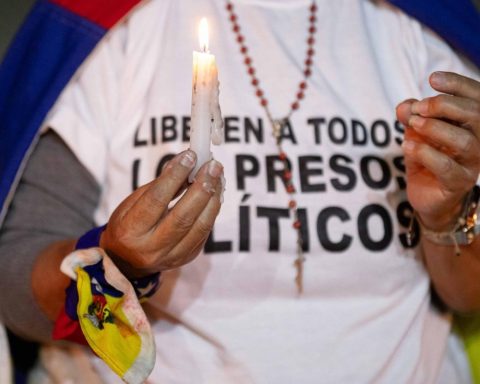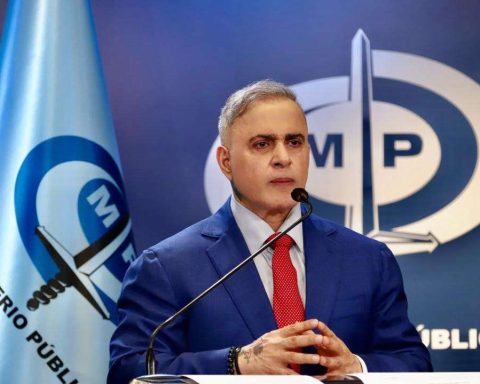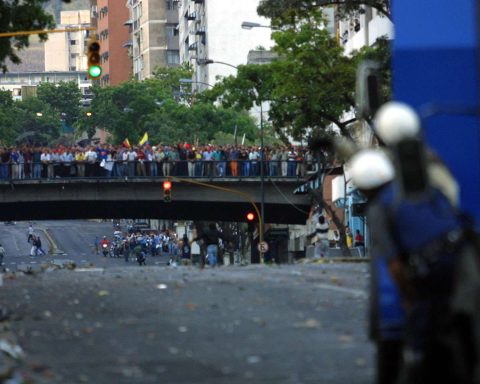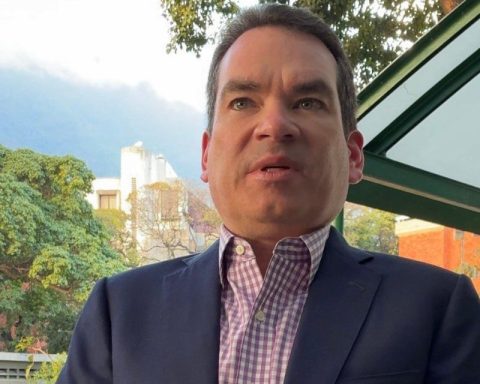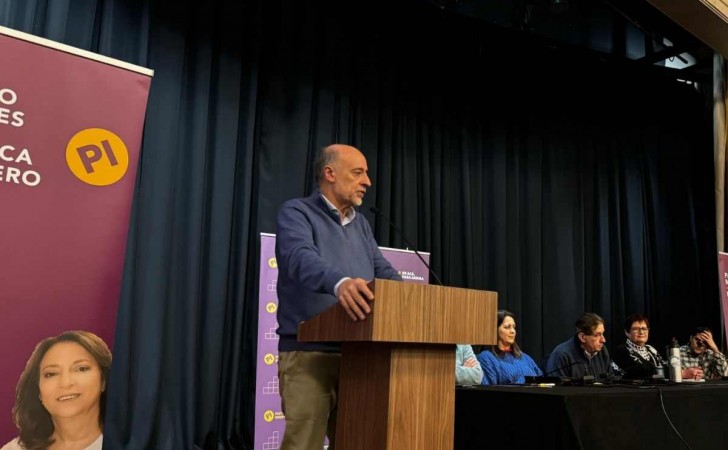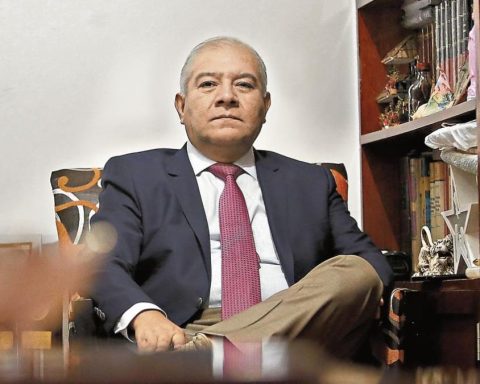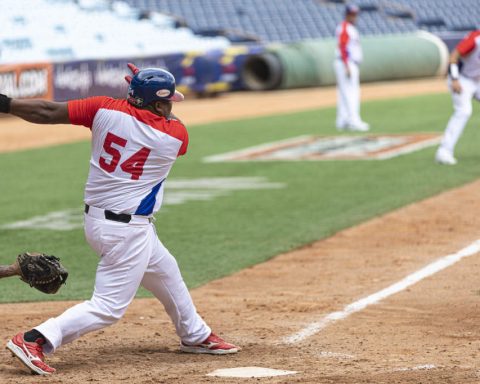In 2014, the Constitutional Court established a special procedure to punish with prison those who disobeyed a court order. Those punished at that time were the mayors Vincenso Scarano (San Diego, Carabobo) and Daniel Ceballos (San Cristóbal, Táchira).
The Constitutional Court proved through separate trials that both mayors had violated a court order, and consequently removed them from office and sentenced them to prison.
The first to be sanctioned for contempt was the mayor of San Cristóbal (Táchira), Daniel Ceballos. On March 17, 2014, the Constitutional Court ordered him to clear the roads in the aforementioned municipality that were blocked by violent groups.
At that time, the so-called guarimbas spread throughout various regions of the country after Leopoldo López (Voluntad Popular) had called for a La Salida (The Exit) on February 12 of that year “until we manage to get rid of those who govern us,” according to his words. This call was supported by María Corina Machado and Gabriel Puerta Aponte, among other opposition leaders to the government of President Nicolás Maduro.
Eight days after that order, the Constitutional Court called for a hearing to verify whether Ceballos had complied with what they ordered him to do. That hearing was held on March 25, 2014, in Venezuela’s highest court.

“In this order of ideas, as could be definitively proven in the hearing held, the conduct displayed by citizen Daniel Ceballos fits into the factual assumption of the precept established in article 31 of the aforementioned Organic Law of Protection of Constitutional Rights and Guarantees, since he disregarded what this Court ordered him, in the sense of complying, according to the position he holds as mayor, with what is established in article 178 of the Constitution and, finally, with the rest of the legal order that concerns them, among other things, that, within their effective powers and possibilities, he should guarantee unrestricted circulation on public roads located in the municipality of San Cristóbal, that he should keep them free (along with their surroundings) of debris and waste; that he should act to prevent, control or assist in the control of violent actions deployed by groups of people,” the Court determined in judgment 263.
The magistrates pointed out that Ceballos could not excuse himself by saying that he had left Sergio Vergara in charge as mayor. Once the contempt of court was established, the magistrates dismissed Ceballos from his position as mayor of San Cristóbal and sentenced him to 12 months in prison.
Another trial.
The following month, the Constitutional Court made a similar decision. This time it was the decision of the mayor of San Diego (Carabobo), Vicencio Scarano, according to ruling 245 of April 9, 2014, signed by the magistrates Gladys Gutiérrez, Francisco Carrasquero, Luisa Estela Morales, Carmen Zuleta, Marco Tulio Dugarte, Arcadio Delgado and Juan Mendoza.
The complaint against the mayor of San Diego was filed by Salas & Agentes Aduaneros Asociados who saw their work, which involved traveling along the roads of the aforementioned municipality of Carabobo, being disrupted because they were blocked by barricades.
The amparo action was admitted on March 12, 2014 and in ruling number 136 the magistrates of the Constitutional Court ordered Mayor Scarano “to immediately remove the obstacles located on several public roads in the municipality, especially on Don Julio Centeno Avenue.”
On April 9, 2014, the magistrates summoned Mayor Scarano to a hearing to assess whether or not he had complied with the mandate issued a month earlier. Indeed, the Court determined that Mayor Scarano had incurred in “omission of actions tending to prevent public disorders.” The head of security for the municipality of San Diego, Salvatore Luccese, was found to be in the same situation. Both were dismissed at that hearing and sentenced to 10 months and 15 days in prison, according to sentence 245.
When addressing both procedures, the seven magistrates of the Constitutional Court admitted that there was no mechanism to punish contempt and therefore established that it was built along the way.
“When the legal system does not prescribe a special process to be followed, the one that the chambers of this high court deem most convenient for the realization of justice will apply, provided that it has a legal basis (…) the procedure established here is the one that must be followed to verify contempt of the constitutional protection and, if applicable, impose the sanction,” said the Chamber, whose judges made it clear that they respect the function assigned by the Constitution to the Public Ministry with regard to criminal investigations.
“The implementation of this procedure carried out in the exercise of the sanctioning power of the constitutional jurisdiction does not contradict the criminal jurisdiction of the Public Prosecutor’s Office,” they clarify.
Last Saturday, the Electoral Chamber of the Supreme Court of Justice issued a ruling stating that former presidential candidate Edmundo González was in contempt of court by failing to attend a summons issued by the Supreme Court, which is conducting a comprehensive evaluation of the presidential elections. The Chamber summoned the 10 candidates to submit documents related to June 28. González was supposed to attend last Wednesday.
In this regard, the judges pointed out that González “failed to submit the minutes of the vote count, the list of witnesses or any electoral material.”

